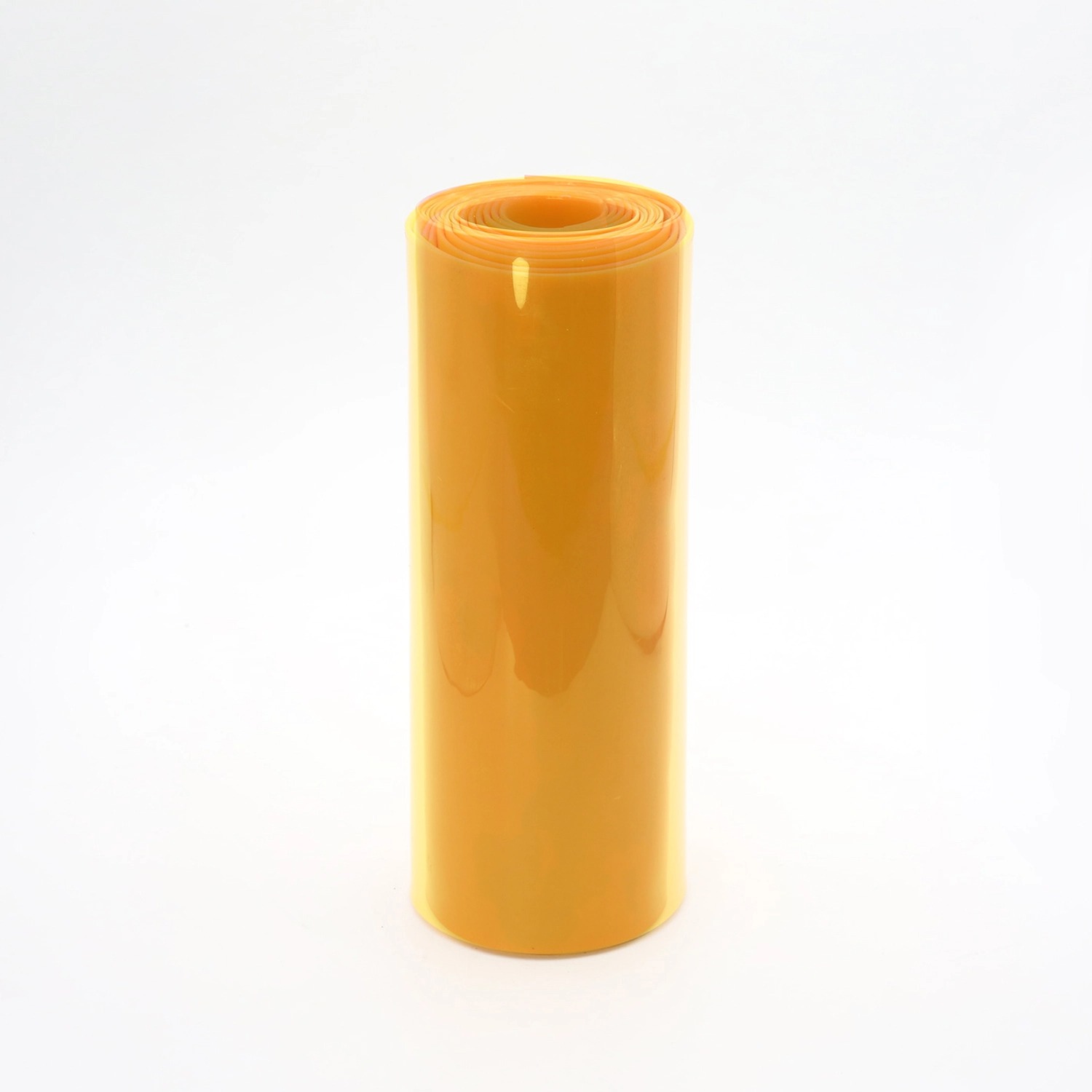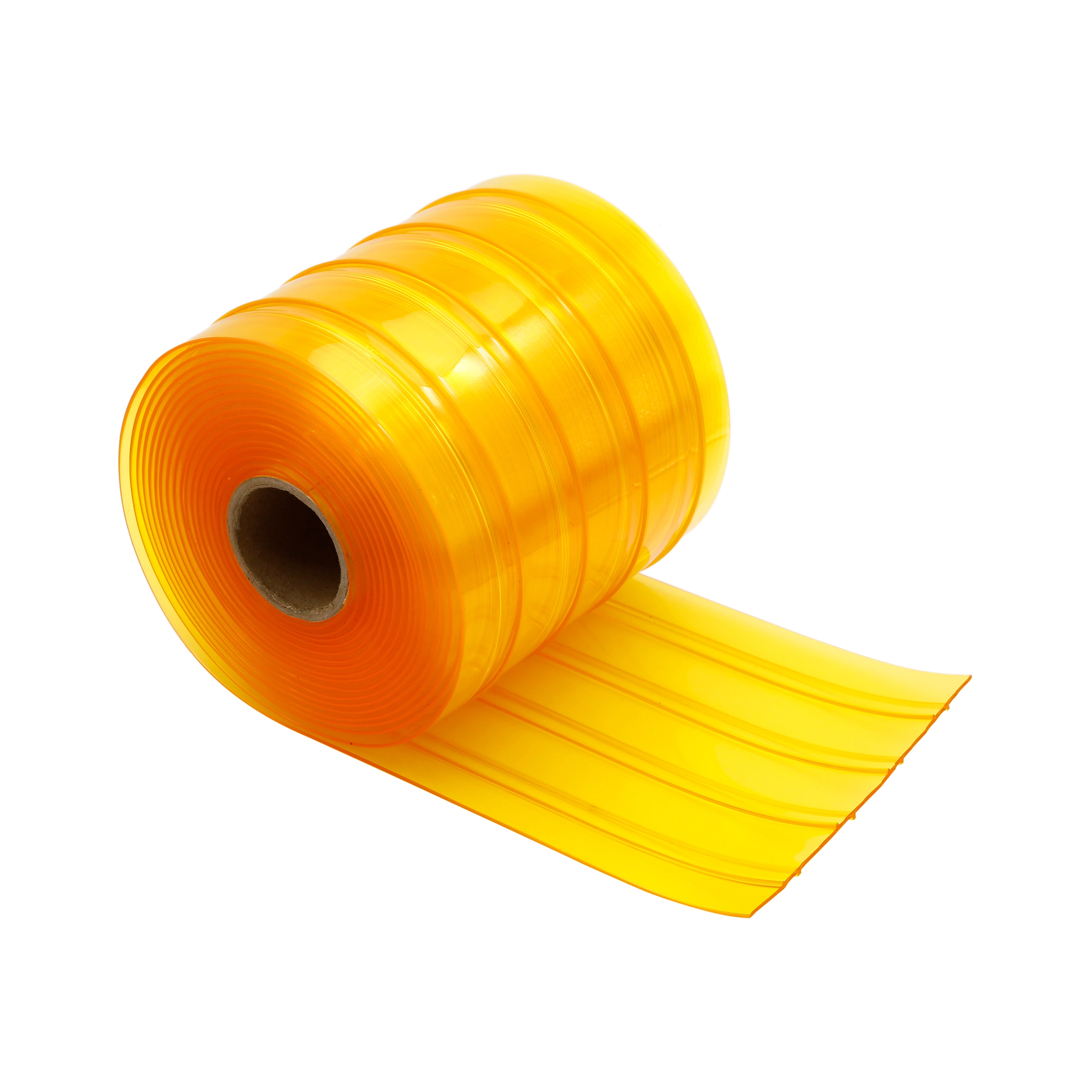Views: 185 Author: Site Editor Publish Time: 2025-07-12 Origin: Site









PVC sheet, short for polyvinyl chloride sheet, is one of the most versatile plastic materials in the modern industrial and commercial landscape. Known for its durability, chemical resistance, and cost-effectiveness, PVC sheets are used in a vast array of applications that span across construction, advertising, healthcare, and more. But what exactly makes this material so popular, and where is it most commonly used? This article will explore the key uses of PVC sheets, explain their properties, and provide insights through FAQs and practical examples.
PVC sheets are manufactured from polyvinyl chloride, a synthetic plastic polymer derived from vinyl chloride monomers. The material is processed into rigid or flexible sheets, depending on the intended application. PVC sheets can be opaque, translucent, or clear, and they are available in various thicknesses, finishes, and colors.
From a technical standpoint, PVC sheets offer several advantages:
High chemical resistance
Excellent mechanical strength
Good insulation properties
Low water absorption
Flame retardant qualities
These properties allow PVC sheets to perform exceptionally well in environments that demand structural integrity and resistance to weathering, abrasion, and corrosion.
One of the most prominent uses of PVC sheets is in the construction industry. Builders and architects commonly choose PVC sheets for interior and exterior cladding, wall coverings, and ceiling panels. Their lightweight nature, combined with moisture resistance, makes them particularly suitable for bathrooms, kitchens, and cleanroom environments.
PVC wall panels are easy to install and maintain, and they do not support mold or mildew growth. These panels are widely used in residential renovations as well as in commercial restrooms and public facilities.
Rigid PVC sheets are also used as lightweight roofing alternatives in industrial settings. Their UV resistance and weatherproof qualities allow them to serve as long-lasting roofing solutions. Furthermore, PVC sheets serve as partition panels in offices, temporary structures, and warehouses due to their easy customization and sound-dampening features.

In harsh industrial environments, chemical compatibility is a top priority. PVC sheets offer outstanding resistance to acids, alkalis, and other corrosive substances. As a result, they are often used to fabricate chemical storage tanks, ventilation ducts, and fume hoods.
These sheets maintain structural stability even under high temperatures and aggressive chemical exposure, making them an ideal material for laboratory furniture, cleanroom construction, and processing equipment.
PVC is inherently a good insulator, and sheets made from this material are frequently used in electrical applications. Whether as insulative backing panels, cable management trays, or machine enclosures, PVC sheets offer safety and reliability in environments where electrical hazards are a concern.
Machine guards made from clear PVC also allow visibility while protecting operators from moving parts—a critical component in safety compliance protocols.
PVC foam sheets—commonly known as expanded or foamed PVC—are extensively used in the advertising and signage industries. These sheets are valued for their light weight, printability, and smooth surface finish, which accepts UV printing, screen printing, and vinyl graphics without distortion.
Exhibition designers often use PVC sheets for booth construction, pop-up displays, and signage backdrops. The sheets are easy to cut, drill, and bond using adhesives, which allows for quick assembly and disassembly during event setups.
PVC signage panels are also UV-resistant and can be used for both indoor and outdoor promotions. Retailers, especially in high-traffic shopping areas, rely on this material for creating durable, vivid marketing visuals that withstand environmental wear.
Hospitals, laboratories, and food processing units have strict sanitary requirements. PVC sheets, with their non-porous surface and easy-to-clean characteristics, are widely adopted in these settings.
PVC is a popular choice for constructing cleanroom walls and ceilings where air purity and hygiene are paramount. The sheets do not harbor bacteria, and their smooth surface can be sanitized regularly without degradation.
In medical equipment manufacturing, PVC is also used to create outer casings, trays, and other non-implantable components that require sterility and chemical resistance.
PVC sheets are also used in transportation and marine industries due to their resistance to water, salt, and abrasion. These applications leverage the material’s durability and cost-effectiveness.
Automotive and marine manufacturers often use PVC sheets for interior paneling, insulation, and decorative trim. Lightweight yet sturdy, the sheets contribute to fuel efficiency by reducing vehicle weight while maintaining aesthetic and functional quality.
Additionally, marine applications include the use of PVC sheets for protective barriers, dock construction, and equipment housings that can withstand prolonged exposure to moisture and saline environments.

| Industry | Common Applications | Key Benefits |
|---|---|---|
| Construction | Wall panels, ceilings, roofing | Moisture resistance, easy installation |
| Industrial | Chemical tanks, fume hoods, machine guards | Chemical resistance, thermal stability |
| Advertising | Signage, displays, exhibition panels | Printable surface, lightweight |
| Healthcare | Cleanroom surfaces, medical housings | Sanitary, non-porous, easy to sterilize |
| Transportation | Interior panels, insulation, trim | Durable, lightweight, moisture-proof |
PVC sheets are not biodegradable, but they are recyclable. Many manufacturers today produce PVC using environmentally responsible processes and offer recycling programs. When used in long-term applications, PVC sheets contribute to energy savings due to their insulative properties.
Yes, especially those with UV stabilizers. Rigid PVC sheets are suitable for outdoor use in signage, roofing, and wall cladding. They withstand sun, rain, and pollution without warping or fading for extended periods.
While acrylic and polycarbonate sheets offer higher optical clarity and impact resistance, PVC sheets are more cost-effective and chemically resistant. They are easier to fabricate and are widely used where optical clarity is not a top priority.
The lifespan of a PVC sheet depends on the application and environmental exposure. Indoor PVC sheets can last decades, while outdoor installations typically perform well for 10–15 years, depending on UV exposure and maintenance.
PVC sheets are more than just an industrial material—they're a building block of modern infrastructure and innovation. From construction sites and factory floors to hospitals and retail shops, PVC sheets are everywhere. Their low cost, versatility, and resistance to environmental stressors make them indispensable in numerous fields.
Understanding the broad range of applications helps in selecting the right PVC sheet for a specific project. Whether you need a hygienic wall surface, a weatherproof sign, or a reliable tank lining, PVC sheets provide a dependable solution that balances performance and affordability. For anyone in architecture, manufacturing, or engineering, PVC sheets remain a smart, functional choice that continues to shape the future of durable design and utility.
+86-17568932656
+86-532-83954588
+86-13853208588
coseal@coseals.com / coseal@163.com / 1097813981@qq.com

